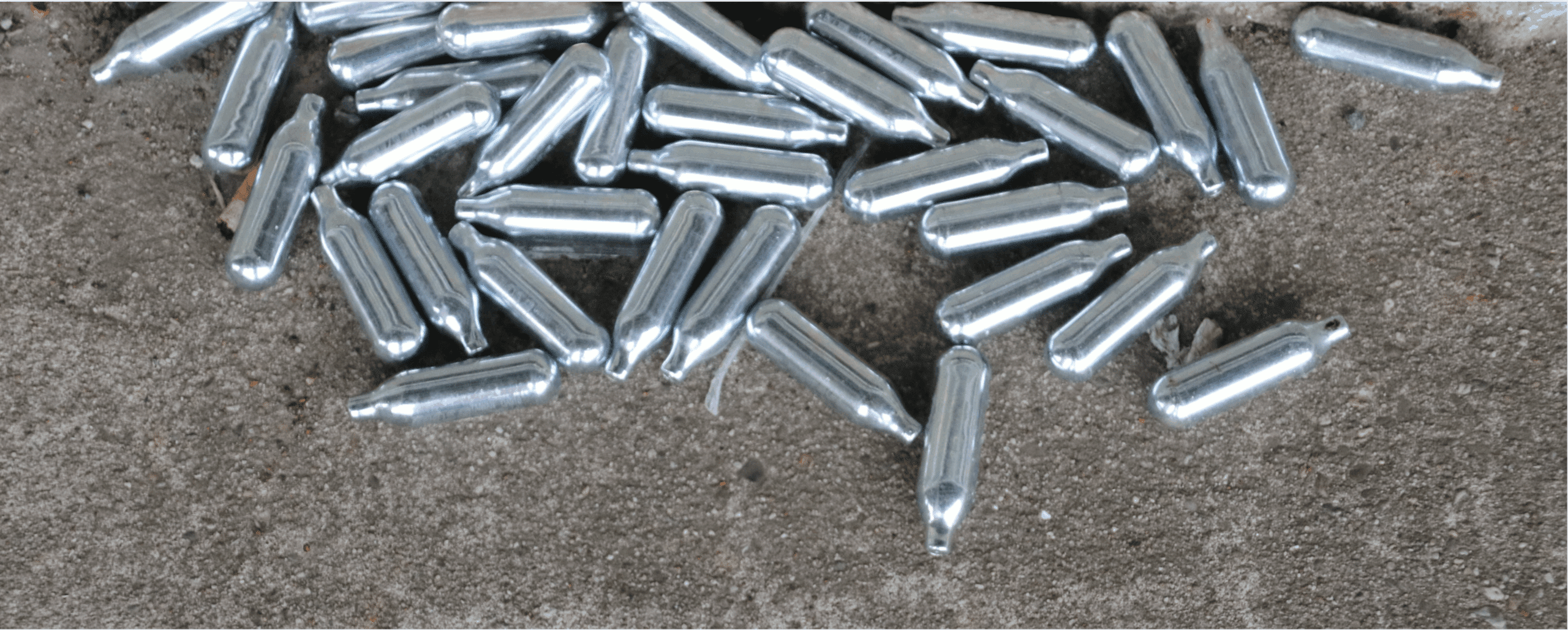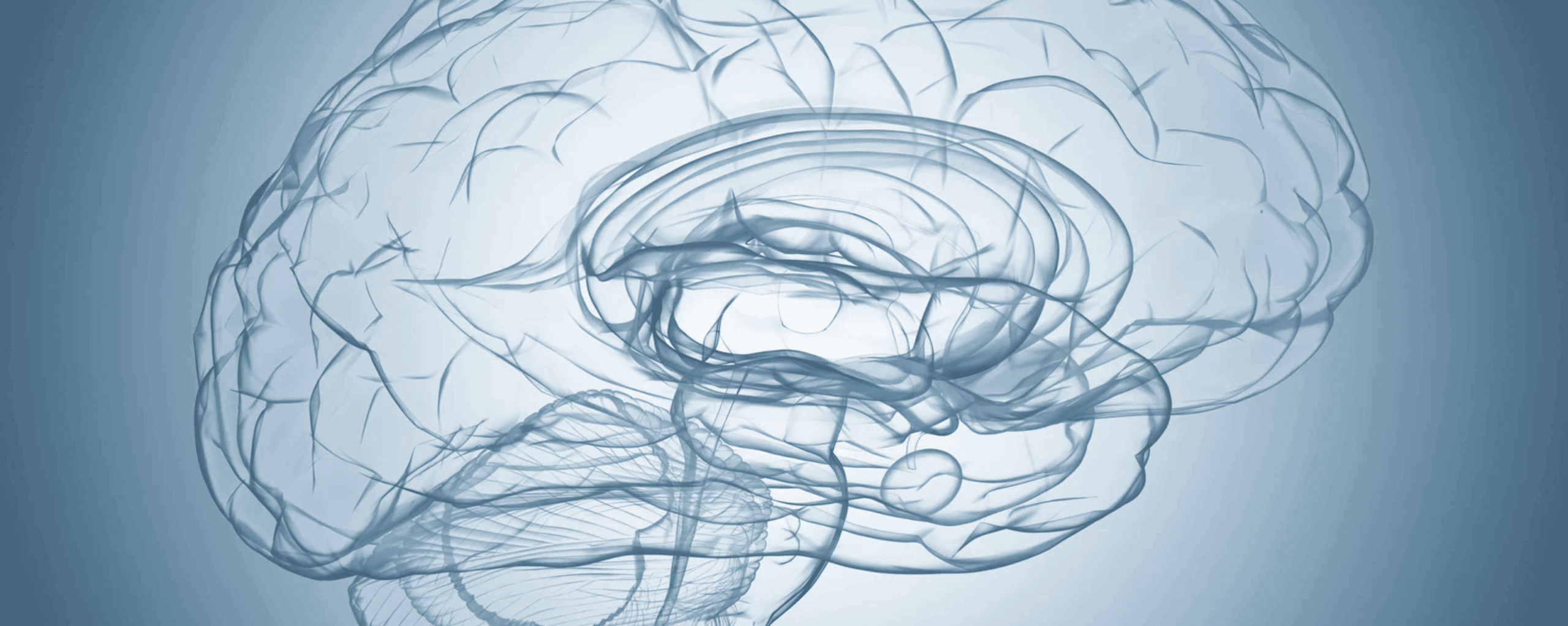Alcohol abuse is a progressive disease that gets worse over time. It’s a serious problem that can lead to major health and social negative consequences if left unchecked. While it’s important to recognize the signs of alcoholism early on, it is also important to understand how alcohol abuse can worsen over time. Learn more about the stages of alcoholism, from occasional use to a full-blown alcohol use disorder. We’ll explain how this progression can cause an increased risk of physical and emotional harm. We’ll also discuss how long-term alcohol abuse can lead to serious health conditions and affect key areas of your life. You’ll learn to recognize when alcohol consumption has become unhealthy. With the right treatment for alcoholism, you can begin the process of recovery and lead healthier lives.
The Stages of Alcoholism
Recognizing and understanding the stages of alcoholism is an important part of recovering from addiction. The stages of alcoholism describe common behaviors and signs that individuals struggle with while they grapple with alcohol dependency.
1. Pre-Alcoholic Stage
The pre-alcoholic stage is the time before addiction to alcohol. During this time, you may be experimenting with drinking. You may be engaging in risky behavior, such as binge drinking or regularly drinking more than is recommended.
The pre-alcoholic stage of alcoholism is often characterized by a pattern of drinking that is problematic but hasn’t reached the level of alcohol dependence. This stage can be difficult to recognize because it typically lacks the outward physical signs of more advanced stages, such as extreme drunkenness and blackouts. In this stage, you will often drink more than you should socially, or you’re dependent on drinking to cope with social anxiety or stress. You may also begin to rely on alcohol to distract yourself from uncomfortable emotions.
At this point in your relationship with alcohol, you may still have control over your alcohol consumption, but you may also attempt to hide your drinking from others or make excuses for drinking alcohol excessively. You may begin spending time thinking about or planning for upcoming events where drinking will take place. You may find yourself regularly engaging in activities designed primarily around getting drinks; for example, choosing restaurants based on their happy hour drink specials rather than food, or attending social events for the purpose of having a few drinks rather than catching up with friends.
If left unchecked, these drinking behaviors can spiral into full-blown alcoholism. If this pattern of drinking sounds familiar, seek professional help before your condition becomes unmanageable.
2. Early Alcoholic Stage
This stage generally begins when you start to lose control over how much you drink. Your need for alcohol is strong, and you may not be able to stop once you start drinking. You’ll begin to prioritize alcohol over other areas of your life.
The early stage of alcoholism is characterized by a pattern of heavy drinking that often begins with social alcohol consumption. During this phase, it’s common to:
- Drink frequently and in large quantities to feel relaxed or confident
- Develop an increased tolerance for alcohol
- Begin to drink alcohol more than usual, just to experience the same desired effects
- Feel irritable or angry when you don’t have access to alcohol
- Have difficulty managing emotions without drinking
- Be prone to memory lapses and blackouts when under the influence of alcohol
Additionally, physical signs begin appearing during this stage, such as:
- A change in appearance
- Frequent headaches or hangovers
- Sudden weight changes
- Disrupted sleep patterns
- Symptoms of alcohol withdrawal when not drinking
People at this stage are more likely to engage in risky behaviors, such as driving while intoxicated or mixing different types of drugs with alcohol.
As your dependence on alcohol increases, so does your risk of developing serious health problems like:
- Liver damage
- Heart disease
- Pancreatitis
- Various types of cancer
3. Middle Alcoholic Stage
Middle-stage alcoholism describes an individual who has been drinking heavily and regularly for an extended period of time. It is the third major stage of alcohol addiction. Middle-stage alcoholism marks a point where the most physical dependence on alcohol has set in, plus a significant mental and emotional attachment to the substance. At this point, you may have experienced:
- Health problems
- Deteriorated relationships
- Career or financial issues
In middle-stage alcoholism, you begin to experience serious cravings for alcohol during periods of sobriety. You may also suffer from prominent withdrawal symptoms when you’re not consuming alcohol. These can include:
- Anxiety
- Tremors
- Mood swings
- Nausea/vomiting
- Changes in sleep patterns
- Increased heart rate and/or blood pressure
Addiction affects your cognitive abilities. It’s common to experience memory blackouts or lapses due to intense drinking episodes that can leave you feeling foggy or confused for days.
Your behavior might become increasingly erratic during this period of alcohol addiction. Substance abuse may make you:
- Unable to control your intake of alcohol
- Drink more than is socially acceptable in any given situation
- Make attempts to hide your drinking from others or become increasingly secretive about it altogether
- Make excuses for why you need to drink so much or even deny that there is anything wrong, despite obviously being inebriated frequently.
These behaviors coupled with physical health issues related directly to heavy drinking (such as liver damage) can make life very difficult for you and those around you. Middle-stage symptoms of alcoholism signify a tipping point: If nothing is done, they can easily lead to full-blown alcohol dependence, with associated risks like cirrhosis or death.
4. Late Alcoholic Stage
This is the most severe stage of alcoholism. Late-stage alcoholism is also known as end-stage alcoholism. You have become physically and psychologically dependent on alcohol to the point of causing extreme damage to your body, mind, and life. Late-stage alcoholism is typically characterized by:
- Severe physical deterioration
- Loss of control over alcohol consumption
- Serious health complications due to chronic alcohol abuse
- Difficulty abstaining from drinking
Many people with late-stage alcoholism have been drinking for years without taking time off for recovery or an addiction treatment program.
Late-stage alcoholism is associated with a wide range of complications and can have long-term effects on your mental and physical health. Alcoholics in this stage may experience alcohol effects like:
- Liver failure (cirrhosis)
- Digestive problems like peptic ulcers and esophagitis
- Increased risk of certain cancers, such as mouth cancer, breast cancer, and stomach cancer
- Heart disease is caused by high blood pressure or elevated cholesterol levels
- Neurological issues, including memory impairment, seizures, or stroke, due to weakened brain cells
- Poor nutrition due to reduced absorption of essential vitamins and minerals
- Depression or anxiety due to changes in brain chemistry caused by alcohol abuse
- Mental confusion due to vitamin deficiency
In addition to these physical consequences of excessive alcohol consumption, there are numerous social problems that can arise from substance abuse, including:
- Job loss/unemployment due to frequent absences from work
- Financial difficulties from spending too much money on alcohol instead of necessities like food or rent
- Relationship issues resulting from drunk behavior or neglecting family responsibilities
Late-stage alcoholism can be dangerous and even fatal if not managed properly. Recovery typically requires professional help, including medical detox and alcohol rehab. With proper alcoholism treatment, you can regain control over your life and repair some of the physical and mental damage from alcohol abuse.
Get Help for Alcohol Abuse
No one should have to face alcohol addiction alone. At Vogue Recovery Center, we understand that getting help can be intimidating or overwhelming. We offer comprehensive and compassionate guidance so you can finally break free of the grip of alcohol abuse. Our treatment center has a proven track record of success when it comes to helping people work through their recovery. Our experienced staff will be able to provide you with the necessary resources and inspiration for sustained recovery from an alcohol use disorder.
We offer:
- Medically monitored alcohol detox and drug detox
- Residential addiction treatment
- Partial hospitalization programs (PHP)
- Intensive outpatient programs (IOP)
- Outpatient treatment
- Dual diagnosis treatment (co-occurring disorders)
- Alumni program and aftercare planning
- Evidence-based therapies like cognitive behavioral therapy
- Individual therapy
- Group therapy
- Family therapy
- Holistic therapies
- Sober living residences
Don’t wait until things become worse. Reach out to us now and begin your journey towards a better life in recovery today. We will provide you with a free, confidential consultation and help you determine if your insurance covers alcohol detox and alcohol rehab.
vogue-staff
Latest posts by vogue-staff (see all)
- Mixing Adderall and Alcohol: What Can Happen? - December 22, 2022
- 15 Signs of a High-Functioning Alcoholic - November 24, 2022













